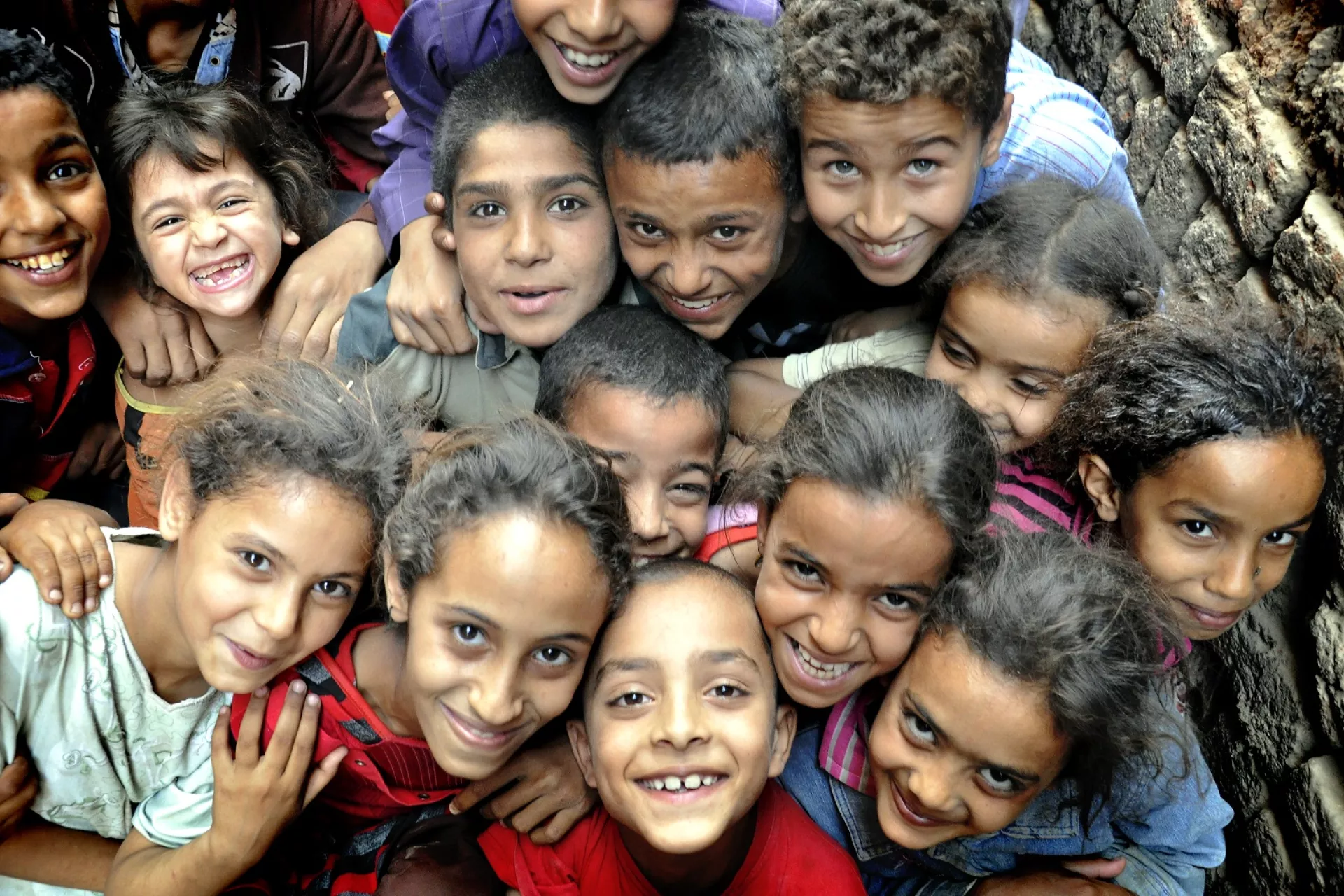The Hague Convention on Child Protection is more than just a legal framework; It is a lifeline for children caught in the complexities of cross-border disputes.
Designed to ensure their safety and well-being, this multilateral treaty provides clear guidelines for handling cases of parental responsibility, custody disputes, and international abductions.
Its importance lies in fostering cooperation between countries, offering children stability, and giving families a chance to resolve conflicts without dragging their loved ones into prolonged legal battles. At its core, this convention is about prioritizing children’s rights, no matter where in the world they are.
The Hague Convention on Child Protection, officially known as the Convention of 19 October 1996 on Jurisdiction, Applicable Law, Recognition, Enforcement and Co-operation in Respect of Parental Responsibility and Measures for the Protection of Children, was developed by the Hague Conference on Private International Law (HCCH).
The HCCH is a global intergovernmental organization dedicated to creating and supporting multilateral legal instruments that facilitate cross-border cooperation in civil and commercial matters.
Since its adoption, the Hague Convention on Child Protection has drawn support from over 50 countries worldwide.
Signatories include the entire European Union, Canada, Australia, and many others, reflecting a collective commitment to safeguarding children across borders. These nations have embraced the convention’s principles, recognizing its role in resolving complex international disputes swiftly and fairly.
However, not every country has joined. Some, like the United States, have signed but not ratified the treaty, while others, including Egypt, remain notably absent. This raises a crucial question: why hasn’t Egypt taken this step?
This decision is not arbitrary; it stems from a web of legal, cultural, and political considerations unique to the country.
One of the primary legal reasons lies in the compatibility—or lack thereof—between Egypt’s domestic laws and the obligations required by the convention.
For instance, the convention mandates the recognition and enforcement of protective measures from other countries, such as international adoption or custody decisions.
This requirement could conflict with Egypt’s laws and norms, particularly regarding child custody and adoption.
At the heart of Egypt’s legal system lies a unique blend of civil law, Islamic principles, and local statutes, particularly when it comes to personal status matters such as marriage, divorce, and child custody.
Custody laws in Egypt, for instance, prioritize the well-being of children based on specific criteria. Mothers are typically granted custody of young children, with this arrangement often transferring to the father once the child reaches a certain age. These decisions are guided by Shari’a, which forms a cornerstone of Egypt’s family law and places significant emphasis on preserving family unity and values.
Another key concept in Egyptian law is kafala, a system that allows families to provide care for orphaned or abandoned children without granting full parental rights or legal adoption. Unlike adoption as recognized in many Western systems, kafala ensures the child’s lineage remains unchanged, respecting Islamic teachings that prohibit altering a child’s biological identity.
These laws and practices, deeply rooted in religious and cultural values, present significant challenges when aligned with the obligations of the Hague Convention.
The convention’s principle of “habitual residence,” which requires custody cases to be resolved in the country where the child has been living, highlights this potential conflict.
For example, if an Egyptian child living abroad is granted custody to one parent by a foreign court, Egyptian courts would be obligated to enforce that decision, even if it contradicts local laws and practices influenced by Islamic teachings.
Similarly, the convention’s provisions on international adoption clash with Egypt’s kafala system. While adoption is viewed as a means to provide children with stable homes in many countries, Egypt’s legal framework prohibits altering a child’s biological identity.
Recognizing foreign adoption rulings would not only contradict these principles but could also spark significant societal debate.
By not joining the Hague Convention, Egypt avoids these legal conflicts, preserving its sovereignty and ensuring that family law reflects its deeply rooted cultural and religious identity.







Comments (0)